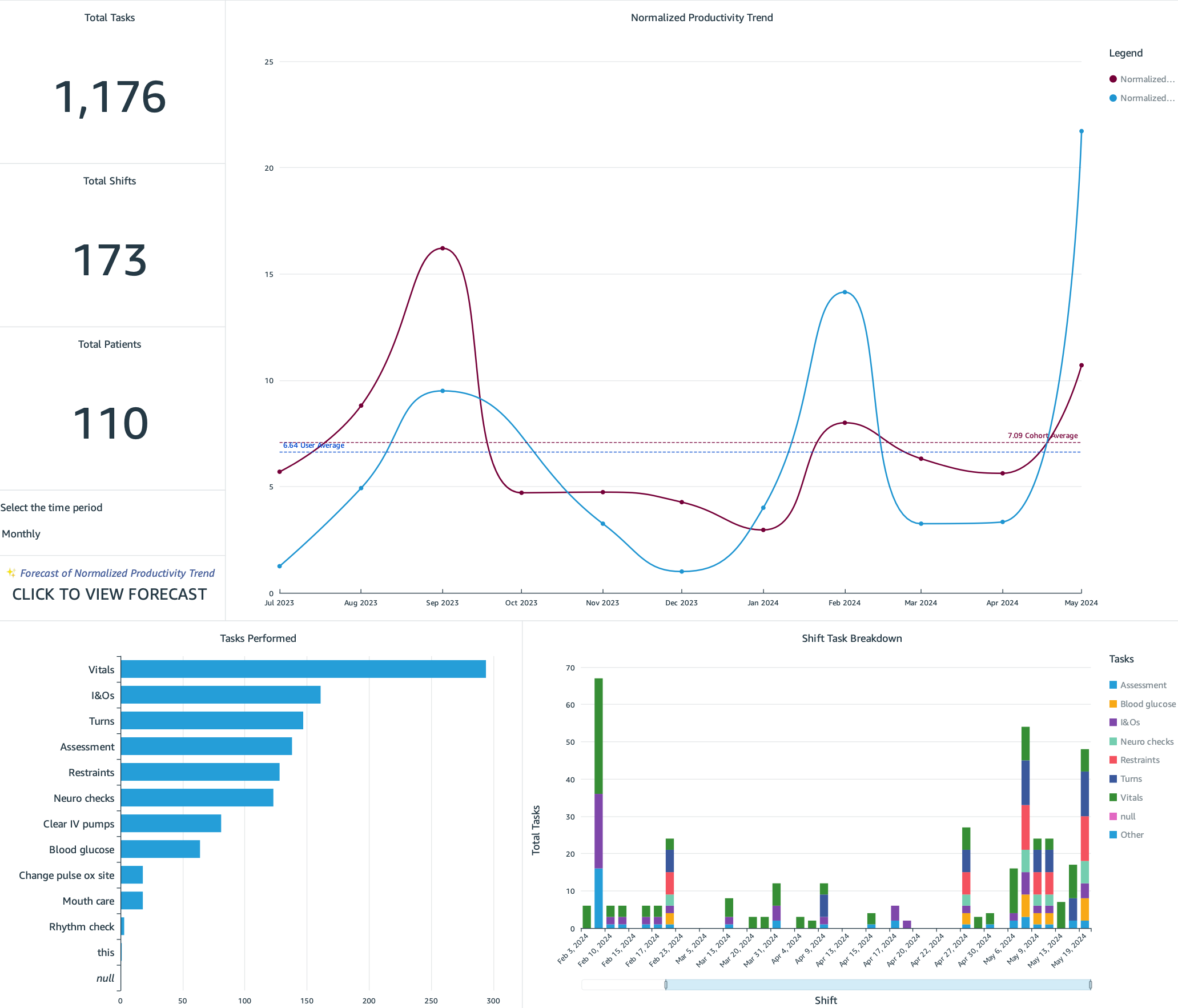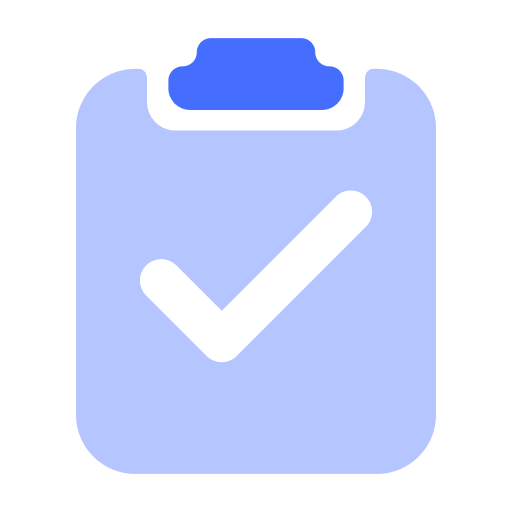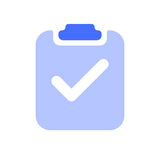The Role of Clinical Tracking Systems in Nursing Education

Clinical tracking systems have become indispensable tools in nursing education, revolutionizing how programs manage and assess clinical competencies. These systems provide real-time data collection, streamline reporting, and enhance the overall learning experience for nursing students.
Key Benefits of Clinical Tracking Systems
1. Real-Time Data Collection
Clinical tracking systems enable real-time logging of student activities and skills. This immediate data capture allows for timely feedback and adjustments, ensuring students stay on track with their learning goals.
2. Enhanced Reporting and Analytics
Advanced reporting features provide comprehensive insights into student performance. Educators can access detailed analytics that highlight strengths and areas needing improvement, facilitating targeted interventions.
3. Improved Compliance and Accreditation
Maintaining compliance with accreditation standards is crucial for nursing programs. Clinical tracking systems offer robust documentation and reporting capabilities, helping programs meet and demonstrate these standards effectively.
4. Efficient Communication and Coordination
These systems streamline communication between students, educators, and clinical sites. Notifications, updates, and feedback can be easily managed, enhancing coordination and reducing administrative burdens.
Choosing the Right System
When selecting a clinical tracking system, consider features such as ease of use, customization options, and support services. A system that integrates well with existing educational frameworks and offers scalability will provide long-term benefits. One standout solution is NurseTasks, which offers:
- Real-Time Skills Logging: Facilitates prompt documentation and evaluation.
- Advanced Reporting Dashboards: Provides detailed analytics on student performance.
- AI-Powered Custom Reports: Generates insightful reports using natural language queries.
- Digital Skills Checklist: Ensures completion of all required clinical tasks.
- Compliance and Accreditation Support: Helps programs meet accreditation requirements.

Conclusion
Clinical tracking systems are transforming nursing education by providing real-time data, advanced analytics, and improved compliance support. These tools are essential for enhancing student learning experiences and ensuring the quality and effectiveness of nursing programs. Investing in a robust clinical tracking system like NurseTasks can lead to better outcomes for both students and educational institutions.
For more information on how NurseTasks can benefit your nursing program, visit NurseTasks.





